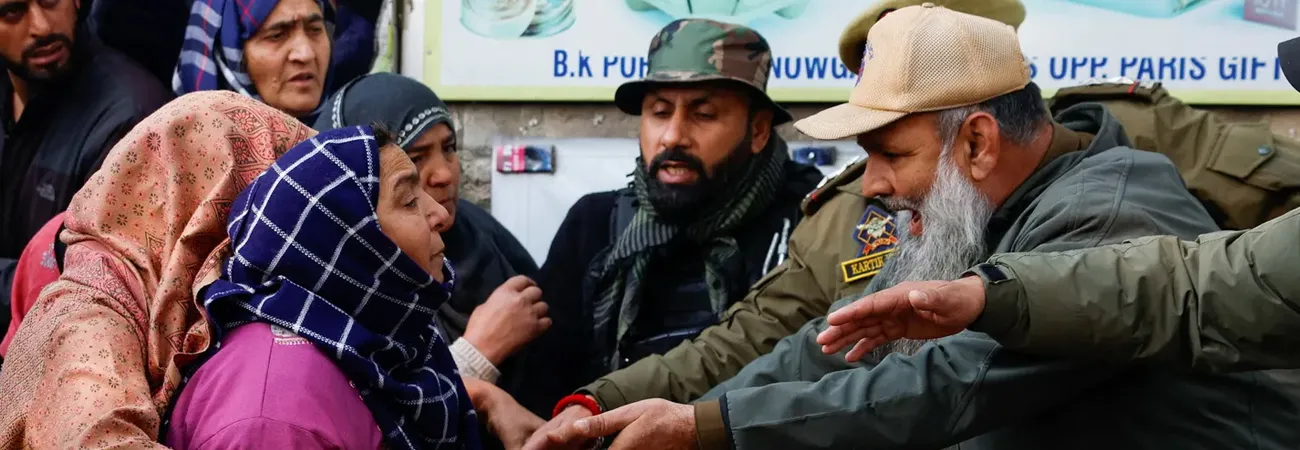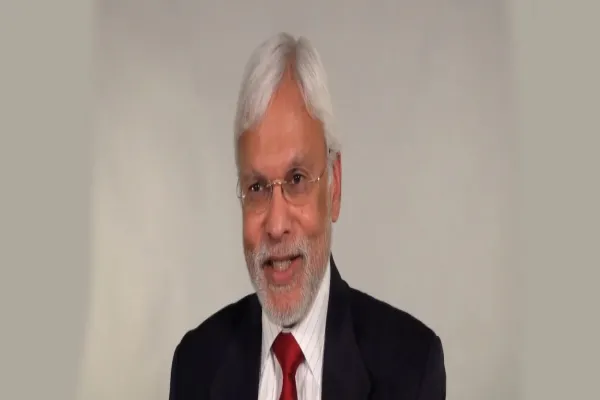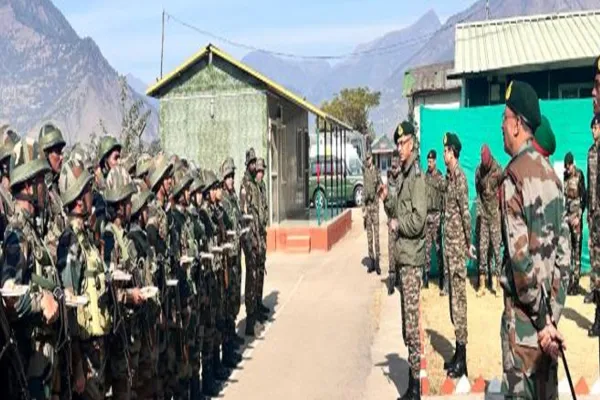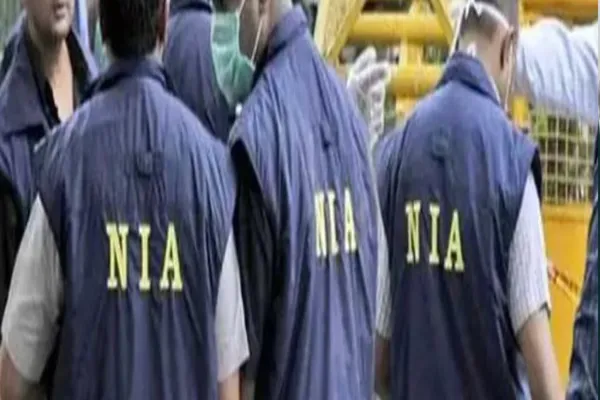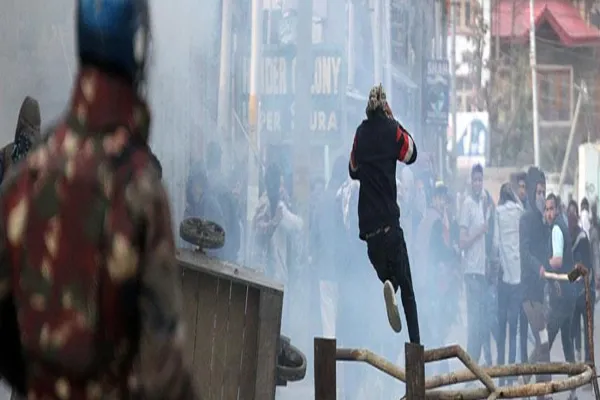i NEWS INTERNATIONAL
UN experts have raised serious concerns about human rights violations carried out by Indian authorities in Indian illegally occupied Jammu and Kashmir in the aftermath of the last April attack in Pahalgam. The experts said they were alarmed by the scope and severity of the measures implemented across the territory and warned that India must uphold international human rights law even while responding to serious security threats.
In a statement on Monday, the experts said, all governments must respect international human rights law while combating terrorism. Following the attack, Indian authorities launched widespread operations throughout occupied Jammu and Kashmir. According to the experts, these operations resulted in the arrest and detention of around 2,800 people, including journalists and human rights defenders.
The arrests were carried out across multiple districts, including Srinagar, Ganderbal, Bandipora, Kupwara, Baramulla, Budgam, Islamabad, Pulwama, Shopian and Kulgam. They pointed out that some were detained and charged under the draconian Public Safety Act or the Unlawful Activities (Prevention) Act, which permitted prolonged detention without charge or trial and contained “vague and overbroad definitions of terrorism”.
The experts noted that some detainees were tortured, held incommunicado, and denied access to lawyers and family members. “We condemn reports of arbitrary arrests and detentions, suspicious deaths in custody, torture and other ill-treatment, lynchings, and discriminatory treatment of Kashmiri and Muslim communities,” the experts said.
"We condemn reports of arbitrary arrests and detentions, suspicious deaths in custody, torture and other ill-treatment, lynchings, and discriminatory treatment of Kashmiri and Muslim communities," they said. The experts also highlighted accounts of punitive house demolitions, forced evictions and arbitrary displacement.
These measures were reportedly carried out against families of individuals perceived as supporting militants, often without court orders or due process. According to the statement, such actions "constitute collective punishment and defy the 2024 ruling by India’s Supreme Court, which found that such demolitions are unconstitutional and violate the rights to life and human dignity, which includes the right to protection against arbitrary displacement."
Concerns were also raised about communication blackouts and restrictions on press freedom. Authorities reportedly suspended mobile internet services and blocked around 8,000 social media accounts, including those belonging to journalists and independent media outlets.
Credit: Independent News Pakistan (INP)



